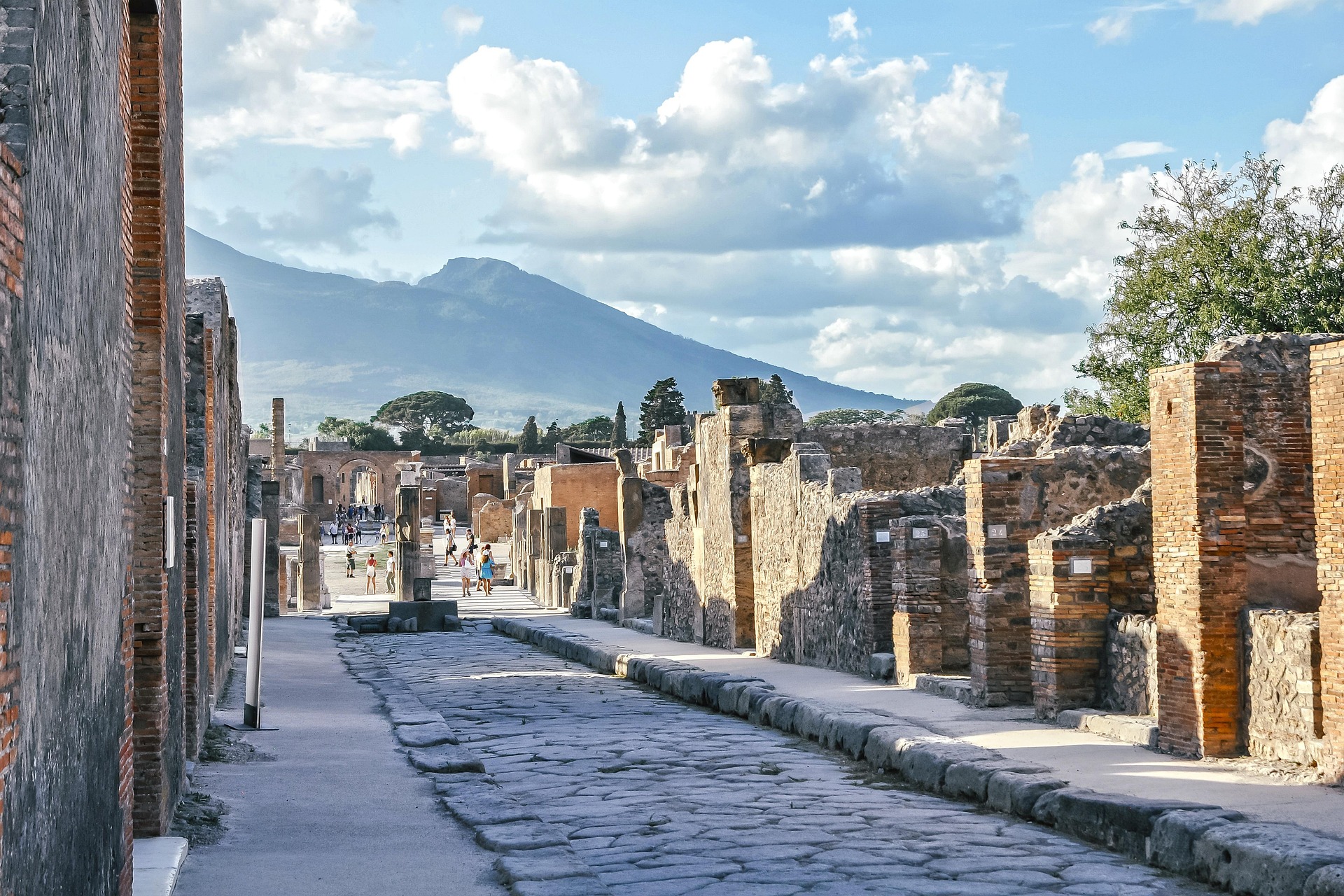Unveiling the Mysteries of Dark Tourism: A Contemporary Travel Trend
In a world that's constantly evolving and diverse in its interests and pursuits, the travel industry is no exception. Today, we explore an offbeat yet increasingly popular travel trend: Dark Tourism. This intriguing niche captivates travelers with its focus on destinations associated with death, tragedy, or the macabre. By offering a deep-dive into the complexities of this unique travel style, we aim to shed light on its origins, current trends, and future implications.
The Genesis of Dark Tourism
Dark Tourism traces back to the Roman times when public executions attracted large crowds. The term itself was coined by professors Lennon and Foley in 1996. Their ground-breaking research sparked global interest, leading to the popularity of this peculiar travel trend.
Current Trends in Dark Tourism
Today, Dark Tourism has evolved beyond historical sites to include disaster zones and places of natural catastrophes. From the Chernobyl Exclusion Zone to Ground Zero in New York, these sites draw in visitors who want to understand the historical and emotional significance attached to these places.
The Appeal and Controversy of Dark Tourism
The appeal of Dark Tourism lies in its ability to satisfy human curiosity about death and tragedy. Yet, it’s not without controversy. Critics argue that it can be disrespectful and exploitative. Despite these challenges, Dark Tourism continues to flourish, reflecting our collective desire to understand and empathize with the darker aspects of human history.
The Future of Dark Tourism
As virtual reality technology advances, Dark Tourism is likely to incorporate virtual tours, allowing travelers to explore sites remotely. This could potentially resolve ethical issues, as it eliminates physical intrusion while offering a rich, immersive experience.
Impact on Travelers
Dark Tourism is more than a morbid fascination. It encourages introspection, empathy, and a deeper understanding of history. Travelers often report a heightened sense of gratitude and a new perspective on their own lives after visiting such places.
A Few Quick Insights
-
Dark Tourism is also known as Thanatourism, deriving from Thanatos, the Greek God of Death.
-
The Aokigahara Forest in Japan, also known as Suicide Forest, is a prominent Dark Tourism site.
-
Dark Tourism can offer therapeutic benefits, providing a space for grief and remembrance.
In conclusion, Dark Tourism is a remarkable testament to our complex relationship with mortality and tragedy. It’s a powerful reminder of our shared history, offering profound, transformative experiences. As we navigate the ethical challenges it presents, we must remember that the goal is not to glorify tragedy but to learn, empathize, and grow from these experiences.





